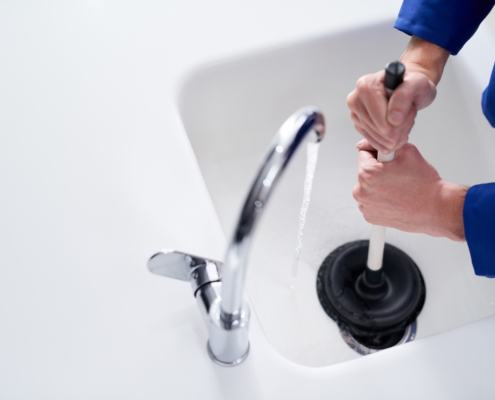
Spring Plumbing Checklist: Why Drain Cleaning is a Must for Mystic Homeowners
As the chilly days of winter fade and warm spring temperatures…
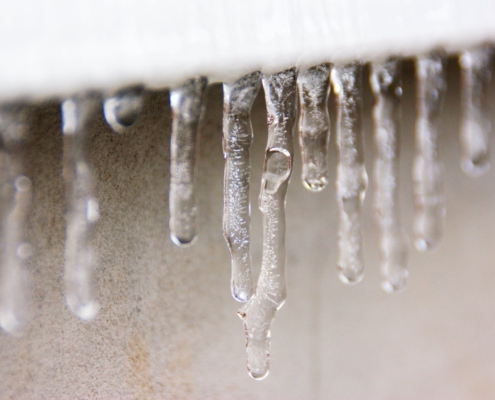
Top Plumber in Connecticut Shares the Secrets on How to Prevent Pipes From Freezing
It’s getting to be that time of the year, again, where you…
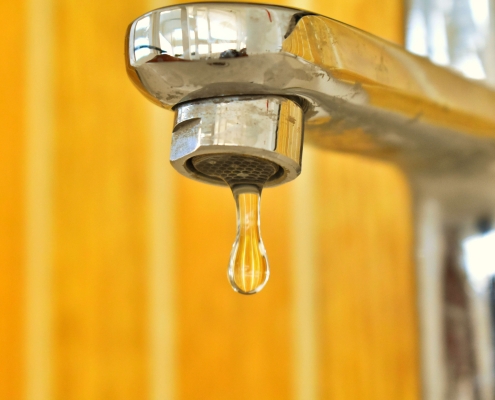
Residential Plumber Shares 10 Signs Your Plumbing Needs to be Replaced
Some things in our home stand the test of time. Unfortunately,…
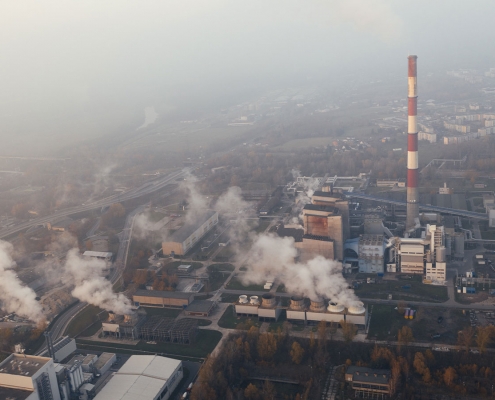
Connecticut Plumber Suggests Getting Away From Fossil Fuels and Into Renewable Energy
Many of us see eliminating oil heat from our house as a daunting…
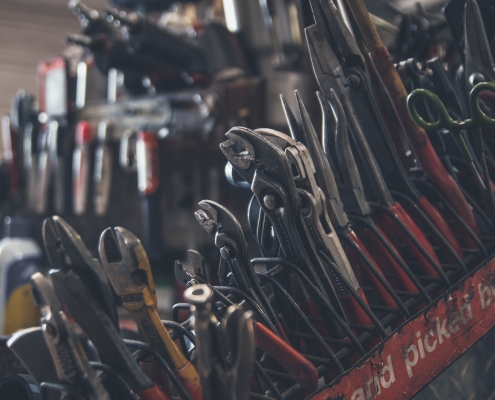
Tips for Finding the Right Plumber
It’s inevitable that a majority of us will need to call a…
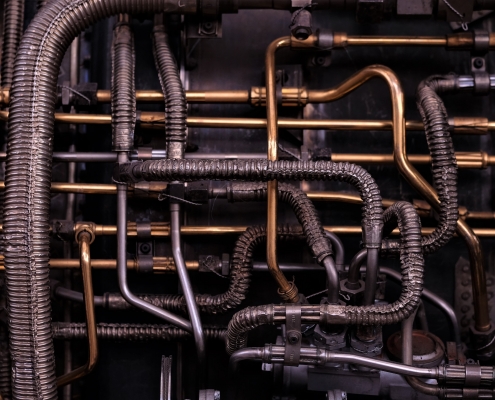
What Happens to Your Piping When Using Non-Treated Tap or Well Water
We typically don’t think twice about the water running through…
